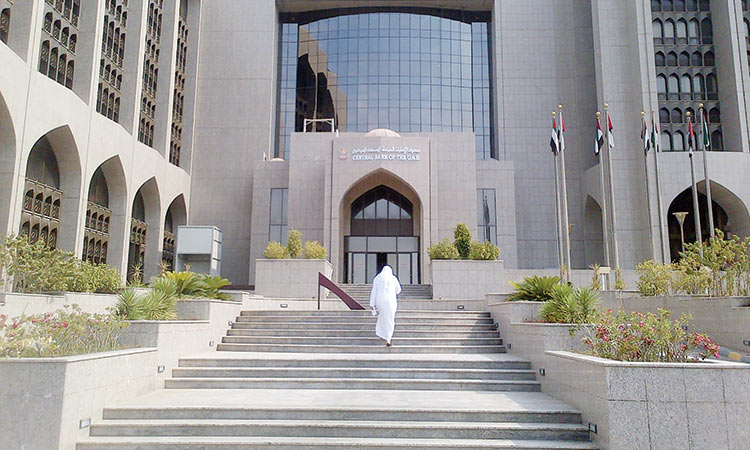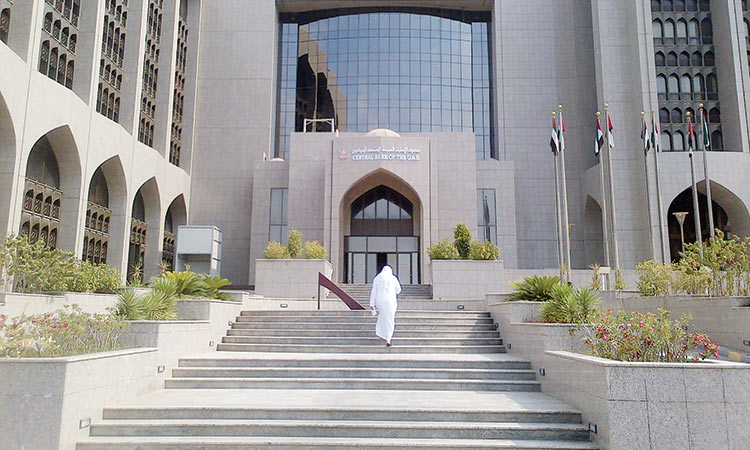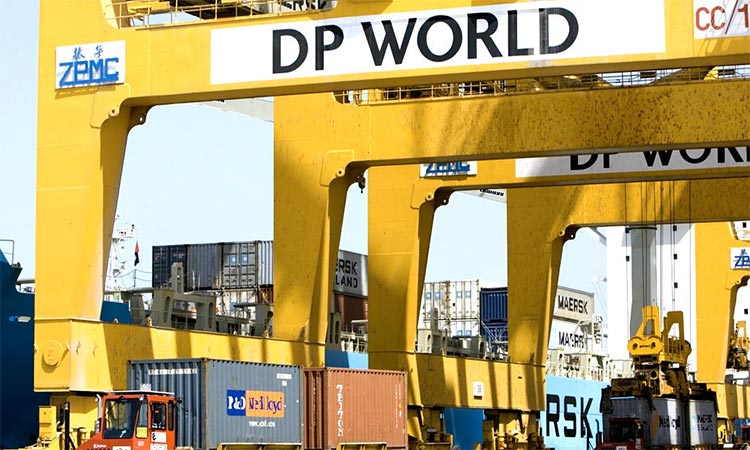Digital currency bridges can speed up global trade payments: CBUAE

CBUAE’s journey to improve international payment channels began in 2019 when it completed Project Aber successfully. WAM
mBridge uses central bank digital currencies (CBDC) for international fund transfers between participating banks, based on distributed ledger technology (DLT - also known as ‘blockchain).
Since February 2021, CBUAE has worked with its global central banking partners to deliver this proof-of-concept, creating more efficient and innovative CBDC infrastructure to reduce obstacles to cross-border payments, including high costs, lack of transparency, low efficiency and other operational complexities.
The Report’s early results demonstrate a substantial improvement in cross-border fund transfer speeds, from multiple days to seconds, around the clock, and the potential to reduce correspondent banking costs significantly for the users, whilst improving bank inter-operability and ensuring regulatory compliance.
CBUAE’s journey to improve international payment channels began in 2019 when it completed Project Aber successfully, another CBDC proof-of-concept in partnership with the Saudi Central Bank. The Emirati dirham and Saudi riyal pegs to the US dollar enabled the joint digital currency in the Project Aber not to be subject to foreign exchange variations, making it swift and efficient to complete cross-border payment transactions.
Khaled Mohamed Balama, Governor of the CBUAE, commented, “CBUAE is playing a leading and pro-active role in facilitating smoother regional and international fund transfers through the development of more effective, efficient and resilient cross-border payment infrastructures with our partners to enhance global economic development.
“CBUAE looks forward to leveraging the experience gained with Asian central bank partners in CBDC, to facilitate Separately, increased international trade and quicker payments,” he added.
Khaled Mohamed Balama has affirmed the bank’s assessment of financial stability in the UAE, and the CBUAE’s plans regarding the gradual withdrawal of its extraordinary support measures.
This came during a meeting held recently with the Chief Executive Officers of selected national and foreign banks operating in the UAE, in the presence of Abdulaziz Al-Ghurair, Chairman of the UAE Banks Federation.
Balama said, “Our assessment, confirmed by recent economic data, affirms the UAE economy’s gradual recovery. As we enter the next phase of the post-COVID recovery, there will be less need for extraordinary relief measures. We expect that banks will do their part in supporting our economic recovery and ensure the continued flow of funds to creditworthy retail and corporate borrowers.”
Supported by the ongoing economic recovery, the CBUAE assessed the UAE’s financial system as stable. Liquidity in the banking system and banks’ capital buffers remained adequate. The Governor informed that the CBUAE will continue to closely supervise banks’ asset quality and the adequacy of provisioning.
In view of the gradual increase in economic activity, the CBUAE is starting a gradual and well-calibrated withdrawal of its Targeted Economic Support Scheme (TESS) to avoid restricting credit supply and economic growth. The participants agreed that the TESS programme had been effective in meeting its objective of mitigating the adverse effects of the COVID-19 pandemic on the UAE’s economy.
Fifteen per cent of the UAE banks’ loan portfolio had benefitted from the TESS deferral programme.
The bank also confirmed, that in the short term, it will leave unchanged the temporarily lowered reserve requirements for banks, and the level of the loan-to-value ratio applicable to mortgage loans for first-time home-buyers.
The CBUAE has already announced that the loan deferral component of the TESS programme will expire by the end of the 2021, but the CBUAE’s zero cost lending facility may be used to grant new loans until mid-2022.
The Bank announced previously that its regulatory relief measures that allowed banks to maintain lower capital and liquidity buffers will expire by the end of 2021. The CBUAE is closely monitoring economic recovery and loan demand, however, and is looking at extending these measures for a limited period to facilitate a smooth economic recovery.
The Central Bank of the UAE announced recently that it will host the “Future of Finance” conference on 13th and 14th October 2021, as part of the upcoming Expo 2020 Dubai.
The conference will be held under the patronage of Sheikh Mansour bin Zayed Al Nahyan, Deputy Prime Minister, Minister of Presidential Affairs, and Chairman of the Board of Directors of the Central Bank of the UAE (CBUAE).
WAM






